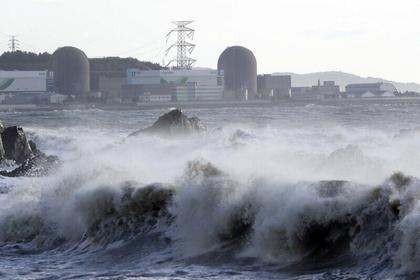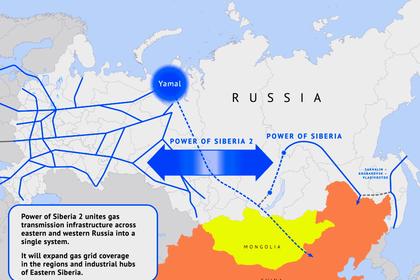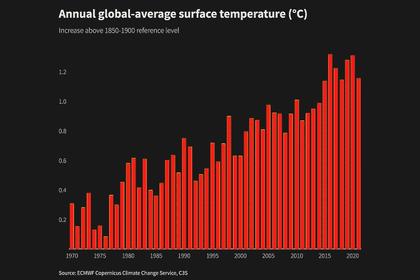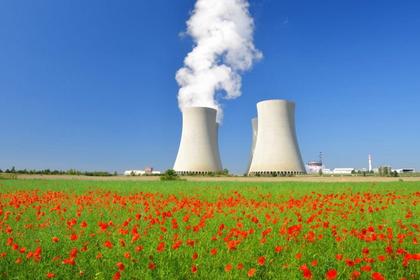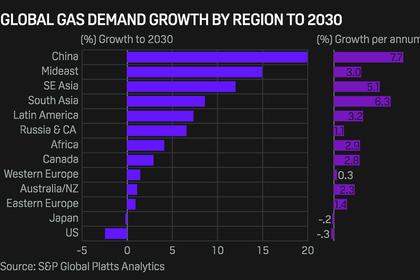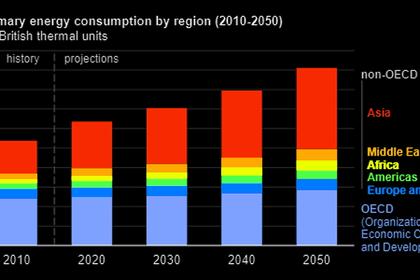
GAS, NUCLEAR FOR EUROPE
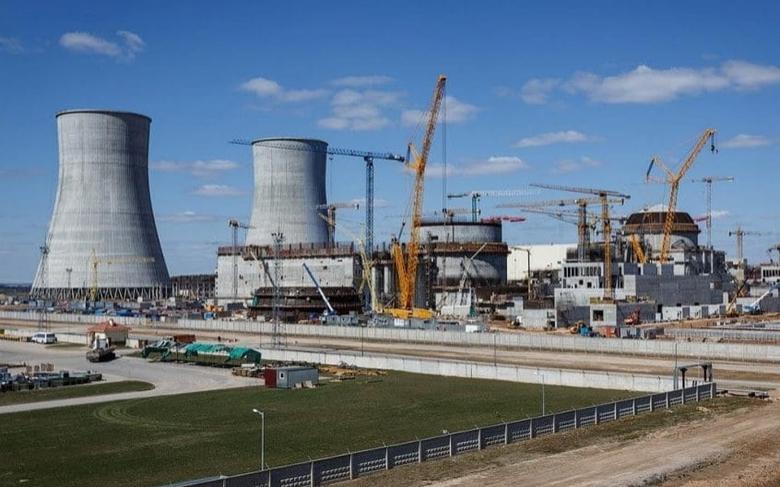
WNN - 02 February 2022 - The European Commission (EC) has presented the final version of the Complementary Delegated Act (CDA) of the EU Taxonomy Regulation covering certain gas and nuclear activities. The final version contains only minor changes from the draft leaked at the end of December, with nuclear remaining a transitional energy technology.
The Commission began consultations on 31 December with the Member States Expert Group on Sustainable Finance and the Sustainable Finance Platform on a draft text of the CDA. It said it had also listened to feedback from the European Parliament on the matter.
The EC announced the College of Commissioners had reached a political agreement on the text.
Presenting the CDA on Wednesday, Mairead McGuinness, European Commissioner for Financial Services, Financial Stability and Capital Markets Union, said: "The EU is committed to achieving climate neutrality by 2050 and we need to use all the tools at our disposal to get there. Stepping up private investment in the transition is key to reaching our climate goals.
"Today we are setting out strict conditions to help mobilise finance to support this transition, away from more harmful energy sources like coal. And we are boosting market transparency so that investors will be able to easily identify gas and nuclear activities in any investment decisions."
The Commission said that, after taking account of scientific advice and current technological progress, it considers there is a role for private investment in gas and nuclear activities in the transition.
"The gas and nuclear activities selected are in line with the EU's climate and environmental objectives and will allow us to accelerate the shift from more polluting activities, such as coal generation, towards a climate-neutral future, mostly based on renewable energy sources," it said.
Once translated into all official EU languages, the CDA will be formally transmitted to the co-legislators for their scrutiny. As for the other Delegated Acts under the Taxonomy Regulation, the European Parliament and the Council (who have delegated the power to the Commission to adopt Delegated Acts under the Taxonomy Regulation) will have four months to scrutinise the document, and, should they find it necessary, to object to it. Both institutions may request an additional two months of scrutiny time.
Once the scrutiny period is over and if neither of the co-legislators objects, the CDA will enter into force and apply as of 1 January 2023.
"The EU taxonomy is a tool to increase transparency in financial markets, so it is a tool for the financial sector, not energy policy," said McGuinness. "Member States remain fully responsible for deciding their own energy mix."
She added: "Today we are setting out how gas and nuclear could make a contribution in the difficult transition to climate neutrality. We are putting in place strict conditions for their inclusion in the taxonomy. They are subject to clear limits and phase-out periods.
"Alongside these strict conditions, we are adding rules on disclosure in the interests of transparency. Investors will be able to see whether a potential investment includes nuclear or gas activities, and they will remain free to choose if they want to invest in nuclear or gas - or not."
McGuinness acknowledged that positions are "widely divided" on the inclusion of gas and nuclear in the taxonomy. "In all of our institutions, there are different views. However, I believe that we have found a balance between fundamentally different opinions in supporting the road to decarbonisation."
Industry responses
World Nuclear Association Director General Sama Bilbao y León said: "The adoption of this CDA is a hugely important milestone that the international financial community cannot afford to ignore. Nuclear energy is essential for the low-carbon energy transition and will be part of the EU future energy landscape for many decades to come."
She added, "The science is now settled - nuclear energy is sustainable. The Commission has been right to reject political pressure to keep nuclear excluded from the taxonomy. But in seeking a politically acceptable compromise, it has produced some conditions that are not scientifically justified or applied consistently to other energy technologies. This will hinder the EU from achieving its energy and environmental goals.
"In reality, the existing EU regulations that govern all aspects of nuclear energy generation, including the long-term management of used nuclear fuel and radioactive waste, are more than sufficient to ensure the safe and environmentally sustainable operation of nuclear facilities."
European nuclear trade body Foratom, which had provided the EC with suggestions for improving the CDA, said some of the criteria put forward for nuclear would "prove very challenging to attain".
"We remain disappointed that nuclear continues to be treated as a transitional technology," said Foratom Director General Yves Desbazeille.
"We firmly believe that it contributes to climate mitigation objectives and does not cause more harm than any other power-producing technology already considered as taxonomy compliant. This has been confirmed by the Commission's own experts from the Joint Research Centre.
"But hopefully when moving forward with plans to integrate Generation IV technologies this will be rectified, particularly given Commissioner McGuiness' statement that nuclear is expected to remain part of the EU's energy mix beyond 2050 in accordance with the Commission's own forecasts."
Foratom said it will continue to liaise with the Commission going forward in order to ensure that future reviews of the Technical Screening Criteria are in line with science-based technical progress achieved by the industry.
-----
Earlier:
